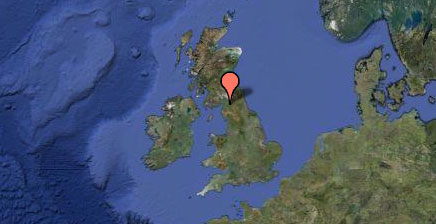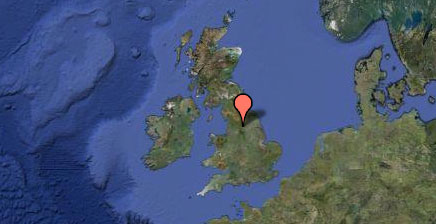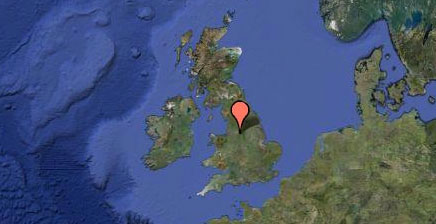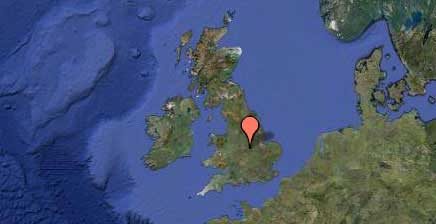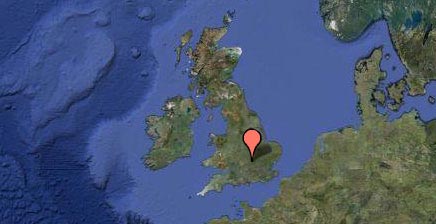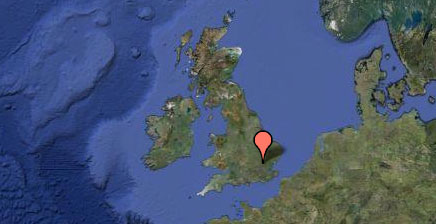
Archaeological projects vary with the needs of the client, the planning archaeologist and the nature of the development.
The process
Most will require an evaluation, which involves a small-scale sample excavation of the site. If the results are negative, it is likely that no further work will be required. If there are archaeological remains, depending on the importance of the site, a watching brief and/or full excavation may be a condition of development.
Projects which cover wide areas of the landscape, such as wind farms, may require a field survey. This may be carried out in conjunction with a desk-based assessment, or as part of the work towards an Environmental Statement.
Sometimes development may involve the alteration or demolition of standing buildings, and a building recording condition may be applied. These sites often fall within the remit of industrial archaeology.
The product
The results of the fieldwork will be recorded in an interim ‘data structure report’ (DSR) which is prepared for the client and also submitted to the planning archaeologist. Further work may be required to publish the findings, through post-excavation analysis.
How we can help you
CFA is able to advise our clients on the best approaches to these aspects of fieldwork, and can provide competitive costings and written schemes of investigation (WSIs) for all types of fieldwork.
If you value up-front costing, precise, rapid results and thorough reporting we will exceed your expectations.
To discuss how we can help you please contact your regional office or contact general enquiries:

